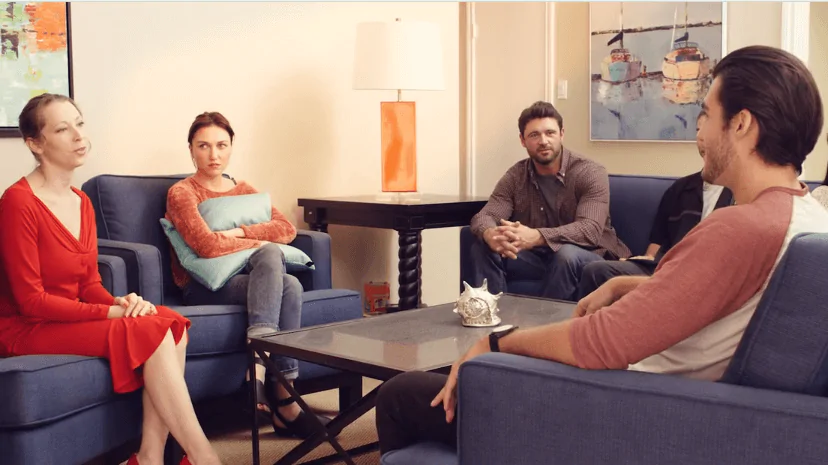24/7 Helpline:
(866) 899-221924/7 Helpline:
(866) 899-2219
Learn more about Bipolar Disorder Treatment centers in Ignacio
Bipolar Disorder Treatment in Other Cities

Other Insurance Options

Health Choice

CareSource

Carleon

United Health Care

Magellan Health

Cigna

Ceridian

Premera

Humana

Horizon Healthcare Service

AllWell

Sliding scale payment assistance

MHNNet Behavioral Health

Holman Group

Magellan

Health Partners

Covered California

UnitedHealth Group

ComPsych

Multiplan

Southern Ute Community Action
Southern Ute Community Action is a private rehab located in Ignacio, Colorado. Southern Ute Communit...

The Peaceful Spirit
The Peaceful Spirit offers a residential and outpatient treatment program for individuals struggling...







Crossroads at Grandview
Crossroads at Grandview is an outpatient facility that offers treatment for individuals with a Menta...

Durango Recovery Center
Durango Recovery Center is a private rehab located in Durango, CO. Durango Recovery Center offers in...

1st Alliance Treatment Services
1st Alliance Treatment Services is located in Durango, Colorado. 1st Alliance Treatment Services pro...

Axis Health System
Axis Health System, located in Durango, Colorado, provides alcohol and drug rehab services to men an...






AA – Alcoholics Anonymous
AA – Alcoholics Anonymous is a non-profit rehab located in Durango, Colorado. AA – Alcoholics Anonym...

Preferred Counseling Services
Preferred Counseling Services is a private counseling clinic located in Durango, CO. Preferred Couns...

Southwest Colorado Mental Health Center
Southwest Colorado Mental Health Center is a private rehab located in Durango, Colorado. Southwest C...

Columbine Behavioral Healthcare
Columbine Behavioral Healthcare has a variety of behavioral health professionals who may be part of ...

Red Cliff AODA Program – Mishomis House
Red Cliff AODA Program – Mishomis House is a non-profit rehab located in Bayfield, Wisconsin. Red Cl...

Mihomis House
Mihomis House is a private rehab located in Bayfield, Wisconsin. Mihomis House specializes in the tr...






















































